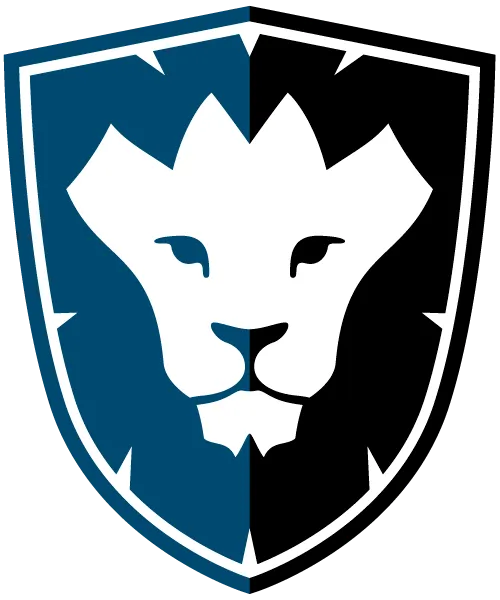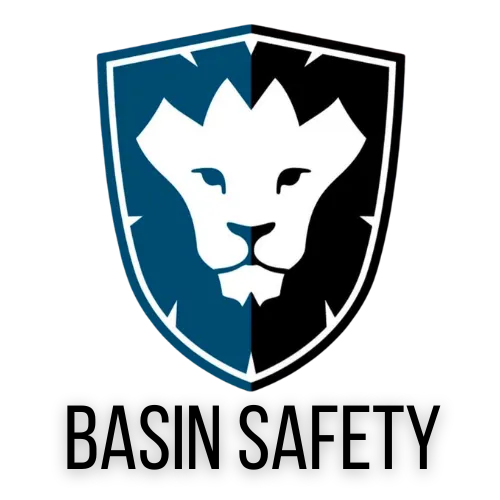
Basin Safety Consultants: Elevating Oilfield Safety Through Toolbox Talks
Welcome to Basin Safety Consultants, your trusted partners in fostering a culture of safety excellence in oil and gas operations. As consultants specializing in all things oilfield safety, we understand the critical importance of recognizing and controlling hazards to prevent injuries and fatalities. In this comprehensive blog, we’ll delve into safety toolbox talk topics tailored for oil and gas worksites, emphasizing key areas to enhance your safety culture.
Oil and gas extraction involves diverse equipment and materials, introducing various hazards that demand constant vigilance. Recognizing the significance of staying informed and in control, safety toolbox talks emerge as a vital tool in maintaining a secure working environment. These short, focused conversations serve as reminders of training information, reinforcing safety practices and preventing accidents. Let’s explore some of the essential toolbox talk topics specifically designed for oil and gas work activities.
1. Struck-by/Caught-in/Caught-Between Hazards
According to OSHA, a significant portion of on-site deaths in the oil and gas sector results from struck-by/caught-in/caught-between incidents. Basin Safety Consultants recommend discussing the following topics related to these hazards:
Falling equipment risks
Working around high-pressure lines
Movement around vehicles and heavy machinery
Securing suspended loads
Rig equipment setup for drilling
Checking high-pressure lines for damaged connections
2. High-Pressure Lines and Equipment
The oil and gas industry acknowledges the inherent hazards associated with high-pressure lines and equipment. Toolbox talk topics can include:
Pressure vessel safety
Erosion, leaks, or line bursts
Line connections
Whip crack installation
Blowout prevention
3. Explosions, Fires, and Hazardous Energy Sources
Explosions and fires present serious threats on oil rigs, often ignited by flammable gases. Addressing ignition sources is crucial:
Static, frictional heat, hot surfaces
Open flames and lightning
Electrical energy sources
Cutting and welding tools
Workers must remain vigilant for damaged equipment, extension cords, and disconnects to prevent electrical injuries, emphasizing the importance of proper lockout tagout procedures.
4. Confined Spaces
Confined spaces, such as empty tanks and excavated areas, pose unique risks due to potential gas build-up. Toolbox talk topics should cover:
Monitoring for flammable atmospheres
Testing for atmospheric flammability and toxicity
Safety protocols for confined spaces
5. Falls
Fall protection is paramount on oil rigs, and toolbox talks should reinforce:
Inspection of fall protection PPE
Tightening and securing safety harnesses
Attaching fall protection gear to anchor points
Identifying hazards when working on elevated platforms
6. Ergonomic Hazards
Maintenance activities in the oil and gas industry can lead to fatigue and stress. Ergonomics topics for toolbox talks include:
Safe lifting techniques
Avoiding repetitive injuries
Seeking help when needed
Proper stretching techniques
Identifying signs of injury/fatigue
7. Machine Hazards
Numerous types of equipment in oil and gas can be fatal if used incorrectly. Toolbox talks can focus on specific machines or combine them for a general discussion on machine safety:
Rotating wellhead equipment, draw works, pumps, compressors
Kelly drives, catheads, hoist blocks, belt wheels, conveyors
Emphasize the importance of protecting the body and ensuring all proper guards are in place before using any machine.
8. Planning and Prevention
Basin Safety Consultants stress the need for site-specific safety hazard training programs. Perform job safety analyses (JSAs) for each task within the site and customize training materials accordingly. Plan toolbox talks based on hazard evaluations, scheduling regular discussions to keep personal safety at the forefront of everyone’s mind, ultimately creating a safer worksite.
Conclusion
Basin Safety Consultants stand ready to support your journey toward a safer oil and gas environment. By incorporating these toolbox talk topics into your safety initiatives, you reinforce a culture of vigilance and responsibility, ensuring that every worker remains informed and prepared to navigate the hazards of the oilfield. Stay safe, stay informed, and let Basin Safety Consultants be your dedicated partners in oilfield safety excellence.
Archives
Categories
Benzene Testing
Bloodborne Pathogens
Breathing Air Systems
Certification Process
Confined Space Attendants
Confined Spaces
Construction Equipment Operators
Electrical
Environmental Compliance
Excavation and Trenching
Fire Extinguisher Training
Forklift Operator
Hazcom Workplace Safety
HAZWOPER
Hearing Protection Training
Heavy Equipment
Hydrogen Sulfide
Lone Worker
Lone Worker Solutions App
Monitoring
Oil and Gas
Oil Drilling
Online Training Confined Spaces
Permit-required
PPE
Radiation Safety
Rescue Equipment
Rescue Team
Safety Consultants
Safety Devices
Safety Tracking
Safety Training
Site Inspections
Training 1
Training 2
Training 3
Training 4
Training 5
Uncategorized
Virtual Access to Safety Data
Waste Haulers
Confined Space Rescue
Mental Health
VISIT US
202 48th Ave SW, Williston, ND 58801
2740 Sims St. Suite B Dickinson, ND 58601
(701) 572-8140

BASIN SAFETY CONSULTING CORPORATION
Basin Safety believes in shared excellence. We are accountable to our core values:
● Pioneering Excellence Everyday
● Supporting each other to put customers first
● Asking the right questions, to ensure the greatest results.
Basin Safety Consulting © 2026. All rights reserved.
Powered By Upleveled Strategies

BASIN SAFETY CONSULTING CORPORATION
Basin Safety believes in shared excellence. We are accountable to our core values:
● Pioneering Excellence Everyday
● Supporting each other to put customers first
● Asking the right questions, to ensure the greatest results.
VISIT US
202 48th Ave SW, Williston, ND 58801
2740 Sims St. Suite B Dickinson, ND 58601
(701) 572-8140
Basin Safety Consulting © 2026. All rights reserved.
Powered By Upleveled Strategies
